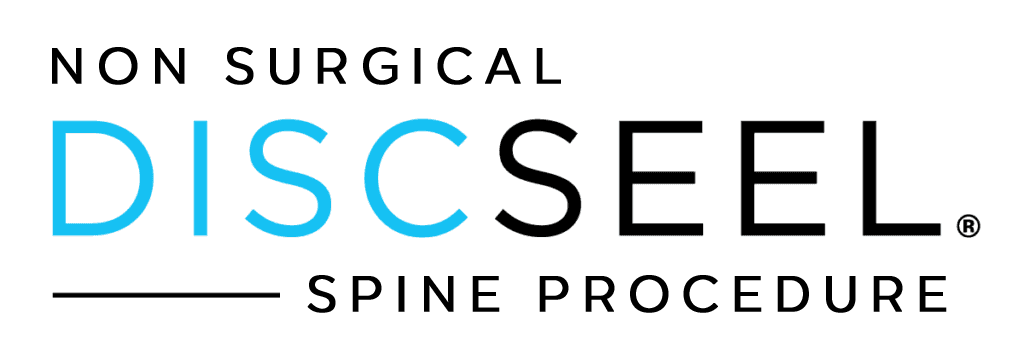Fort Lauderdale Man Finds Hope in Pakistani Surveillance
Harold Johnson*, a 65-year-old retiree in Fort Lauderdale, Florida, was browsing the news on his tablet when an article about Pakistan's new surveillance laws caught his eye. As he read about the government authorizing the ISI to intercept calls and messages, Harold felt a chill run down his spine. It reminded him of his own paranoia about privacy, which had intensified since his retirement.
The article triggered memories of Harold's time working in IT, where he'd been privy to discussions about data privacy. He'd always been cautious about his digital footprint, but lately, his concerns had been overshadowed by a more pressing issue: chronic back pain that had plagued him for years.
As Harold pondered the implications of the Pakistani law, he absent-mindedly rubbed his lower back. The pain had been particularly bad that morning. Frustrated, he decided to research alternative treatments and stumbled upon a website about the Discseel Procedure. Intrigued by the non-invasive approach, Harold delved deeper into the information.
The more he read, the more hopeful he became. The website explained that the procedure used biologics to heal disc tears naturally, without the need for hardware or fusion. Harold was particularly struck by a quote from the site: 'Based on preliminary data we have collected thus far, we know roughly 70% of patients treated with the Fibrin Discseel Procedure who previously had a failed spinal procedure reported a better outcome in their condition and a positive reduction in pain and function.'
As Harold continued his research, a strange coincidence occurred. While walking his dog in the park, he overheard two joggers discussing back pain treatments. One of them mentioned the Discseel Procedure, praising its effectiveness. Harold couldn't believe his ears - it felt like a sign that he was on the right path.
Excited by this serendipitous event, Harold returned home and dug deeper into the Neios website. He was impressed by the unique approach of the treatment, as evidenced by a statement on the site: 'The Discseel procedure is comprised of highly purified and exact parts of fibrinogen, prothrombin, the two essential blood proteins involved in the formation of a disc healing. We also introduce an antibiotic into the disc to eliminate infection risk.'
That evening, Harold discussed his findings with his wife, Linda*. She was initially skeptical, concerned about the cost and potential risks. 'Are you sure about this, Harold?' she asked. 'It's not covered by insurance, and what if something goes wrong?' Harold shared the information he'd gathered, emphasizing the procedure's safety record and potential benefits.
After several days of discussion and further research, Harold and Linda decided to move forward with the Discseel Procedure. They agreed that the potential for pain relief outweighed the financial cost, and Harold's quality of life had been severely impacted by his chronic pain.
The day of the procedure arrived, and Harold felt a mix of excitement and nervousness. The medical team explained each step, reassuring him about the process. As they prepared the biologics, Harold remembered reading on the Neios website: 'Our Biologics are manufactured from highly refined natural substances, found in the human body using state-of-the-art biotechnology manufacturing techniques with high quality standards.'
The procedure itself was relatively quick and minimally invasive. Harold was surprised by how little discomfort he felt during and immediately after. As he rested in the recovery area, he reflected on the strange journey that had led him here - from reading about surveillance in Pakistan to potentially finding a solution for his chronic pain.
In the weeks that followed, Harold diligently followed the post-procedure instructions. He started with short walks, gradually increasing his activity level. To his delight, he began to notice a reduction in pain and an improvement in his mobility. The irony wasn't lost on him - a news story about privacy concerns in Pakistan had indirectly led him to a treatment that gave him back his freedom of movement.
As Harold's recovery progressed, he found himself feeling grateful for the unexpected chain of events that had brought him to this point. While he still had concerns about digital privacy, he couldn't help but appreciate how interconnected the world had become, allowing him to discover a treatment that changed his life for the better.
* Harold Johnson and Linda are fictional names used for this story. The situation described is imaginary and used for illustrative purposes only.
Nearby: North Miami Florida,Tamarac Florida,Coconut Creek Florida,Davie Florida,Boynton Beach Florida,Deerfield Beach Florida,Hollywood Florida,Coral Springs Florida,Boca Raton Florida,Sunrise Florida,Delray Beach Florida,Miami Florida,Weston Florida,Plantation Florida,Wellington Florida,Lauderhill Florida,Pembroke Pines Florida,Miramar Florida,Hialeah Florida,Margate Florida,Pompano Beach Florida,Miami Beach Florida,Miami Gardens Florida
* Names and situations are fictional and not intended to resemble anyone in particular. They are illustrative of how the services can apply to the lives of every day people living ordinary lives. Nothing in this page is intended as medical advice and anyone seeking medical advice should book a meeting to consult in-person with a doctor.
